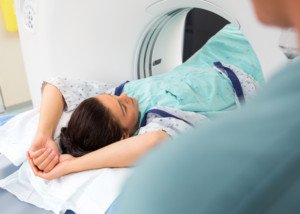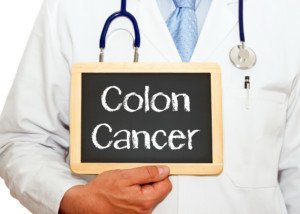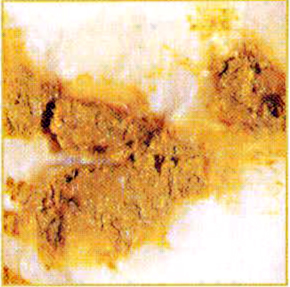
The line between diarrhea and “loose” stools is very fuzzy; at what point are loose stools actually diarrhea?
Is there a way to test the substance to classify it as one or the other?
“To answer, one must specify that the diarrhea is a medical term and diagnosis, and ‘loose’ stools are a patient observation,” says Sander R. Binderow, MD, FACS, FASCRS, with Atlanta Colon & Rectal Surgery.
“A patient could have diarrhea; however, it is also possible that they just have loose stools.
“Diarrhea includes bowel movements more than three times per day with copious amounts, and it can be mixed with mucus.
“If a patient has acute diarrhea, it is often the body’s response to something a person has eaten and needs to get rid of.
“A doctor does not normally recommend treating, and rather, it is best to let the body process the issue.
“If it continues for weeks at a time, it is then necessary to bring to the attention of a physician.”
Colon Cancer Worry
Diarrhea or “loose” stools, in and of themselves, are not common features of colon cancer.
The issue with colon cancer is if diarrhea (or what the patient may perceive as loose stools) alternates with constipation (going days without a bowel movement).
Nevertheless, if loose stools or diarrhea have you worried about colon cancer, it is recommended that you have a non-invasive screening exam for this disease.
Cologuard is non-invasive and can be done in the convenience of your home.
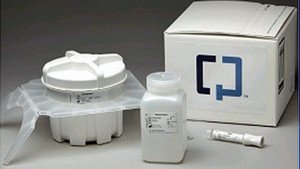
Cologuard uses the latest advances in DNA technology for identifying any abnormal cells in the sample.
If the test results are positive for abnormal cells, you would then be recommended to follow up with a colonoscopy.
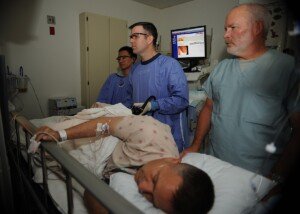
Colonoscopy

 Dr. Binderow
Dr. Binderow 